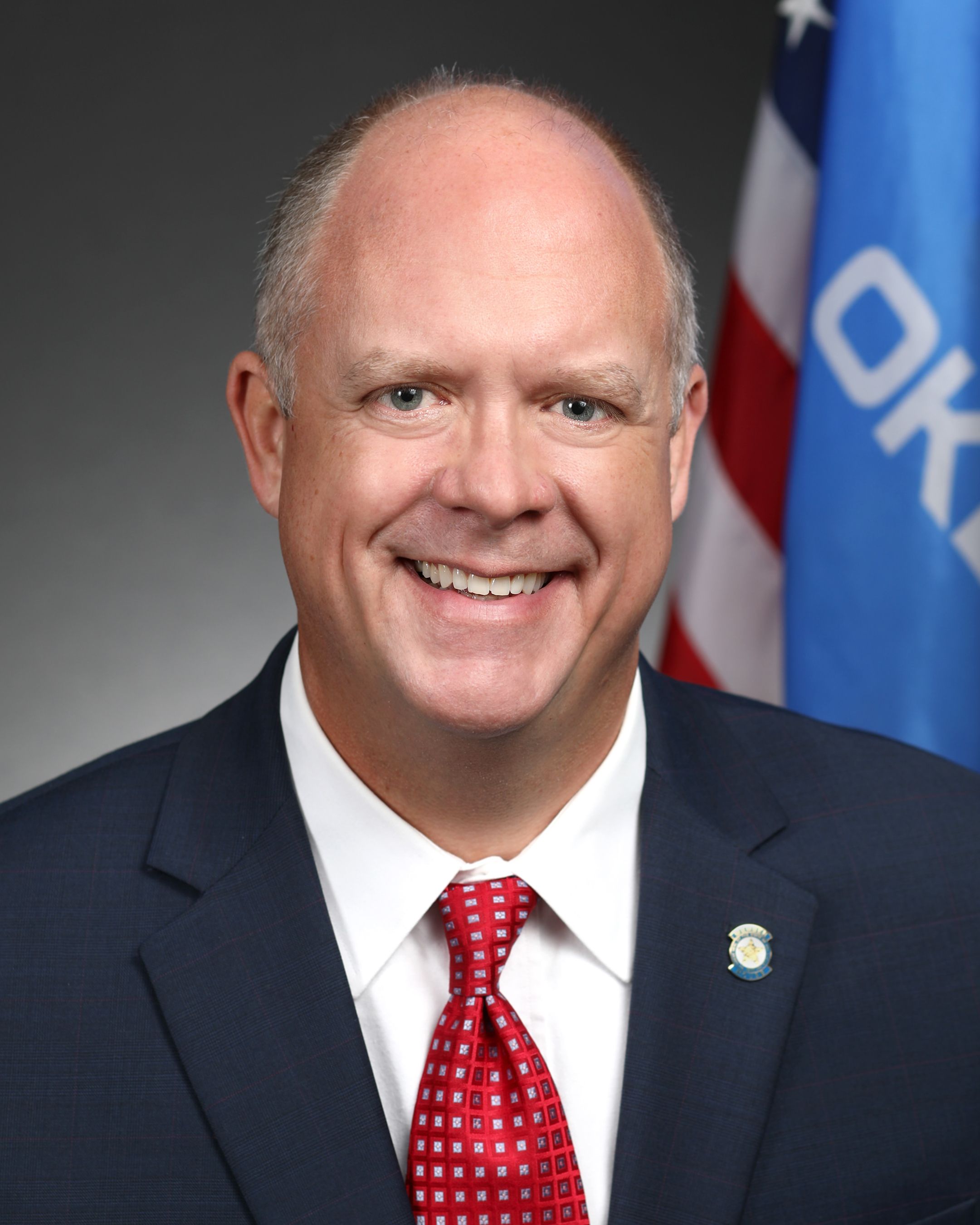Stinson, Howard comment on Governor’s Veto of Bill to Protect Rural Health Care
OKLAHOMA CITY — Rep. Preston Stinson, R-Edmond, and Sen. Brent Howard, R-Altus, today commented on the governor’s veto of House Bill 2048 . The bill would prohibit drug manufacturers and distributors from arbitrarily limiting the number of pharmacies with which 340B hospitals and health care providers can contract, a practice that makes it nearly impossible for all qualified patients to be covered under this federal program. 340B providers are rural, nonprofit and critical-access hospitals and health centers that serve a high number of uninsured and low-income patients. Stinson and Howard issued the following joint statement: “Today, rural Oklahoma lost to Big Pharma. Out-of-state and foreign drug companies and the dark money interests working for them successfully derailed the most important legislation introduced this year to help the health care providers who serve our most vulnerable communities. By lobbying for a veto of House Bill 2048, these deep-pocketed interest groups effectively undermined protections for essential medical services, including cancer treatments and obstetrical care, across our state. “These groups spread blatant lies and misinformation to attack us and our fellow conservatives in the Legislature. They claimed we support illegal immigration and gender transition surgeries for minors, when nothing could be further from the truth. This same supermajority GOP Legislature banned such procedures in 2023. “The Oklahoma Legislature overwhelmingly passed House Bill 2048 to give rural Oklahomans a fighting chance against the $7 trillion drug industry that prioritizes profits over people. We ask our colleagues in the House and Senate to join us in urging leadership in both chambers to override this veto so Oklahomans across the state, from Boise City to Edmond to Burns Flat and everywhere in between, do not lose access to life-saving health care. We introduced this bill to stand with Oklahoma patients, local pharmacists, and frontline providers while Big Pharma rakes in record profits and fights President Trump’s mission to lower prescription drug costs for all Americans. “While we agree with the Governor that broader reforms are needed to fix the federal 340B program, Oklahomans can’t afford to wait while the Washington bureaucracy drags its feet. This Legislature will not be intimidated by Big Pharma’s shady tactics and smear campaigns. It’s time to override this veto to protect our local providers and reject the profit-driven motives of out-of-state pharmaceutical companies.”

